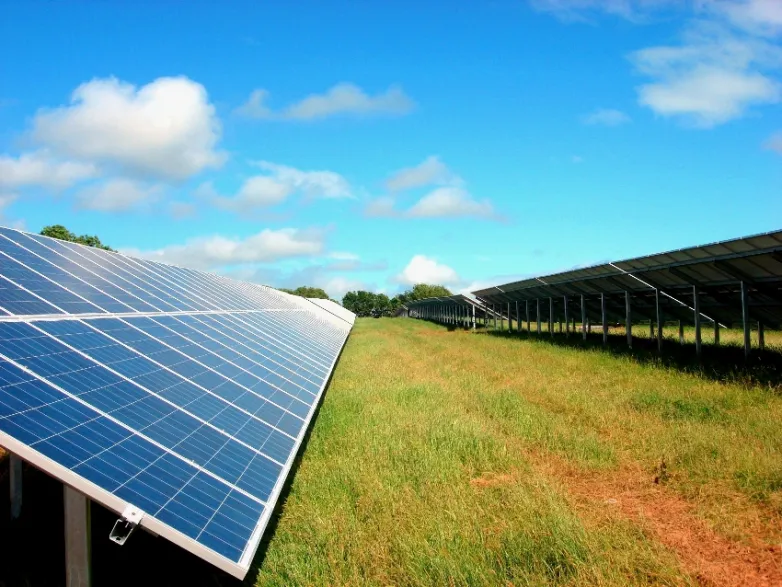IEA introduces 10-point plan to reduce EU reliance on Russian gas, requires better solar implementation
- The International Energy Agency (IEA) has actually released a 10-point strategy to minimize the European Union's dependence on Russian gas that consists of the accelerated deployment of eco-friendly power as the battle in Ukraine destabilises the continent's energy protection.

Launched the other day, the strategy calls for European countries to accelerate the release of new solar and also wind projects.
A "concerted policy initiative to fast-track more eco-friendly capacity enhancements" might supply an additional 20TWh of power over the following year, stated the IEA, which currently expects record enhancements of solar PV and wind power capacity to be added in 2022.
" The majority of this would be utility-scale wind as well as solar PV projects for which conclusion dates could be advanced by dealing with delays with permitting," stated the plan.
" This consists of clarifying as well as streamlining duties among numerous permitting bodies, developing management capacity, setting clear due dates for the permitting process, and also digitalising applications."
The IEA also asked for faster release of rooftop solar PV systems in order to reduce customers' costs.
" A short-term give programme covering 20% of installment expenses can increase the rate of investment (compared to the IEA's base case projection) at a cost of around EUR3 billion (US$ 3.3 billion). This would boost yearly result from rooftop solar PV systems by as much as 15TWh," said the agency.
For countries like Germany that currently have a considerable roof solar market, such proposals can have a big effect, although the IEA report made no reference of the supply of solar modules and also the inflationary pressure higher need can have on rates.
Werner Trabesinger, head of measurable products at renewables advising firm Pexapark, claimed "renewables will definitely be a part of dealing with the European energy problem, albeit with a much less prompt effect."
" The case for boosted renewables implementation is aided by the total greater energy price and also the truth that near-term gas changing will make Europe disappoint its carbon reduction ambitions," claimed Trabesinger.
" On the other hand, merchant-market fostering of renewables will be obstructed by high volatilities, as utilities battle to take care of PPA volumes through traded markets."
Also read

